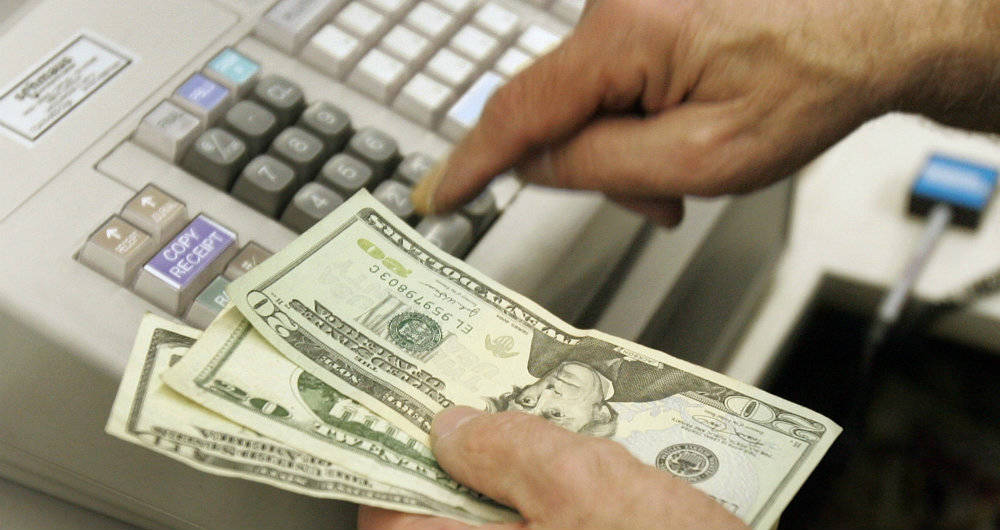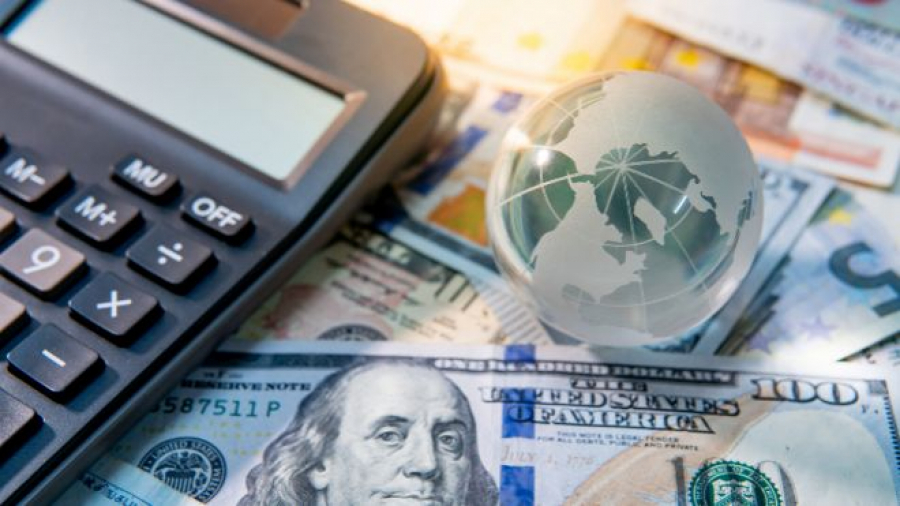In the year to january 2022, the EMBI, which affects the interest rate, dropped 24 points for Costa Rica; and rose 25 points for Guatemala; 29 points for Chile, 56 points for Panama and 909 points for El Salvador.

Stability of interest rates
The interest rate for deposits remained stable, although with a slight upward trend since september 2020, which was accentuated in2021.
The interest rate on loans increased during the lock-in policy, then fell and closed 2021 with a significant reduction. The difference between lending and deposit rates (spread) closed at 1.95 percentage points, the lowest in Latin America.

Public debt increased
Total public debt increased US$1.452 billion in 2021, and reached US$24.455 billion, 85.6% of Gross Domestic Product (GDP).
The percentage drop in Total Debt is due to the fact that nominal GDP (divisor) has increased in large part, both due to greater activity and higher inflation, both internal and external.
Tax collection recovers

Tax revenues recovered after the drop in 2020, rising US$1,224.3 million (26.9%) and totaling US$5,773 million in 2021, which coincides with the rebound of the economy and improvements in tax administration.
In 2021, a historic collection record was recorded, reaching 20.2% of GDP, which allowed the fiscal deficit to be contained.
 English
English  Español
Español 
